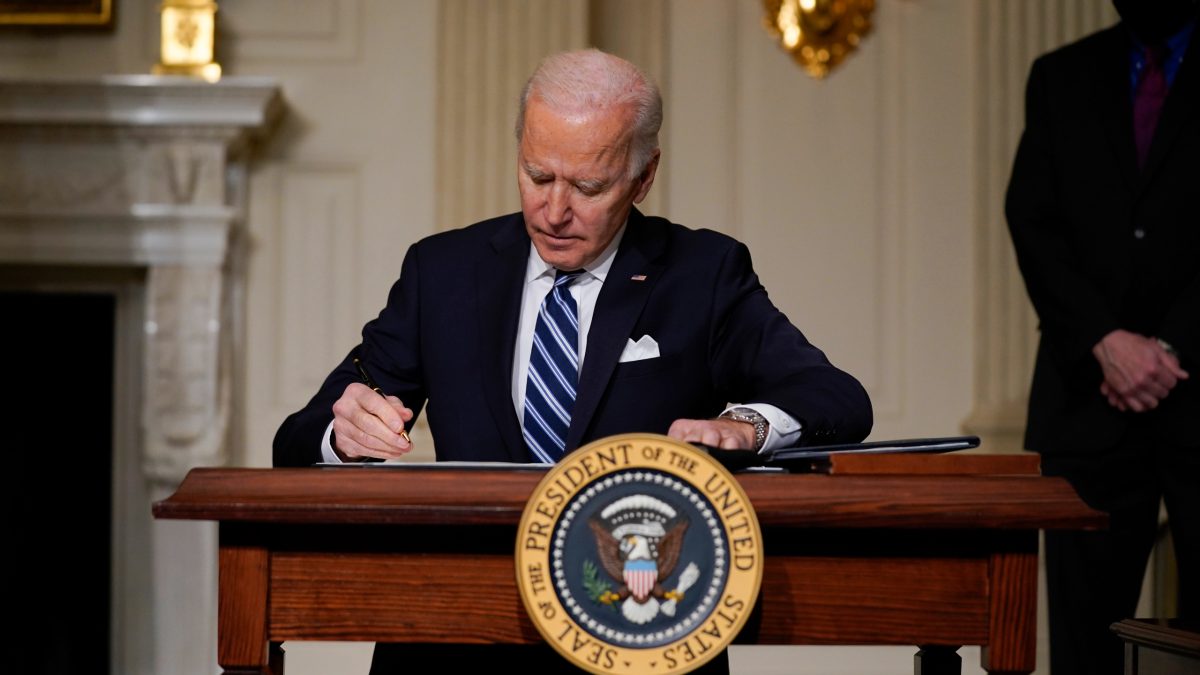The United States is facing a student loan crisis worth 1.5 trillion dollars. Fifty percent of incoming NJIT freshmen take on the burden of student debt, while seventy percent of college students nationwide graduate with student debt.
In 2011, Congress formed the Consumer Financial Protection Bureau (CFPB) to protect consumers from harmful and illegal practices by various institutions of finance. Within this agency, the position of Student Loan Ombudsman was formed to head the oversight of the practices of educational loan distributors.
Seth Frotman resigned from his position as Student Loan Ombudsman effective September 1. Frotman, who began his work at the inception of the CFPB and took over the Ombudsman position in 2016, addressed a resignation letter to Acting Director of the CFPB Mick Mulvaney.
Frotman found that the agency was not properly fulfilling its responsibilities of “cutting through red tape, demanding systematic reforms when borrowers are harmed, and serving as the primary financial regulator tasked with holding student loan companies accountable when they break the law.”
In a bulleted list, Frotman cited several reasons for his departure, including the undercutting of the work of CFPB employees, the agency supporting the Trump Administration rather than being independent, the agency doing minimal work for consumers and protecting financial companies, and the suppression of Bureau reports that did not align with the views of the presidency.
Frotman stated in his letter to Mulvaney that “unfortunately, under your leadership, the Bureau has abandoned the very consumers it is tasked by Congress with protecting. Instead, you have used the Bureau to serve the wishes of the most powerful financial companies in America.”
A replacement for Frotman has yet to be named.
Director Mulvaney’s tenure in the position is also reaching a close as his installment was a temporary reaction to the resignation of the prior Director, Richard Cordray, and had an end date in June. However, White House aide Kathy Kraninger, who has no experience with financial regulation or consumer protection, was chosen as Mulvaney’s successor. This allowed him to retain his position while awaiting her Congressional approval. Such approval was narrowly made on August 23, with anticipation that the CFPB will continue to be undermined from the top down under Kraninger’s control.
During his tenure as a South Carolinian member of the House of Representatives, Director Mulvaney called the CFPB a “joke … in a sad, sick kind of way,” and many are under the impression that his evaluation has only gained credence in the recent past.
“What kind of image is conjured when the leaders of this nation seem to ignore the fact that thousands of college students nationwide will graduate with thousands of dollars in debt?” NJIT freshman Steven Munoz asked. “While not an exact fix, our country’s leadership should learn from European models of education, where those countries make an effort to help their students succeed in life.”








































